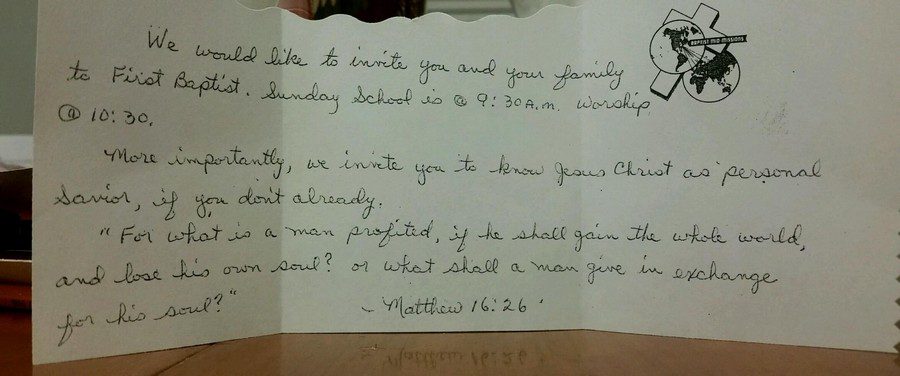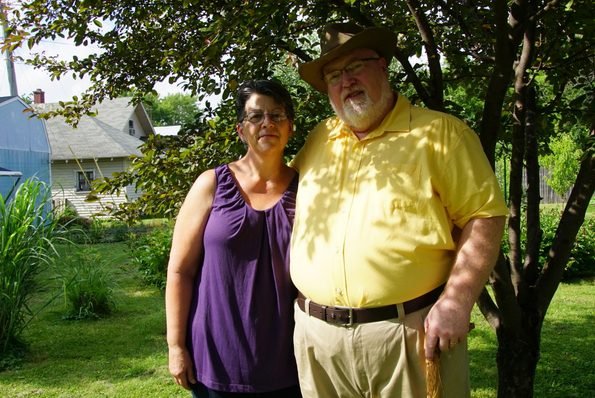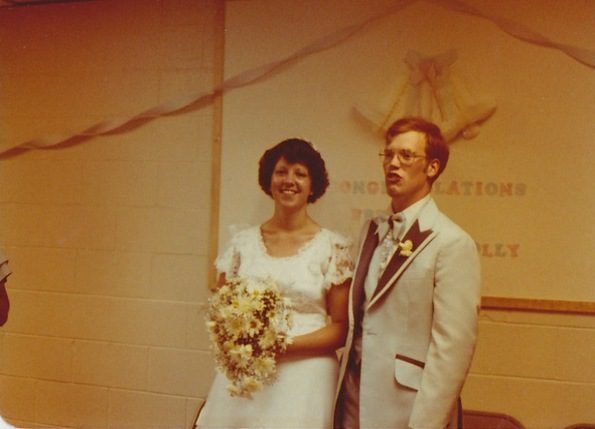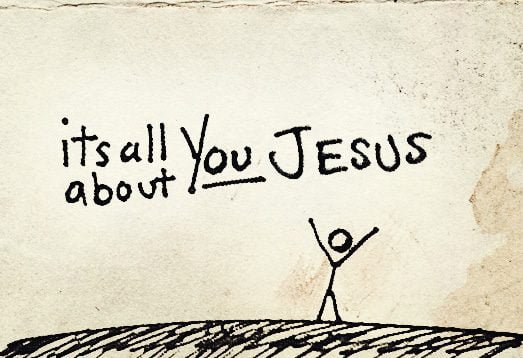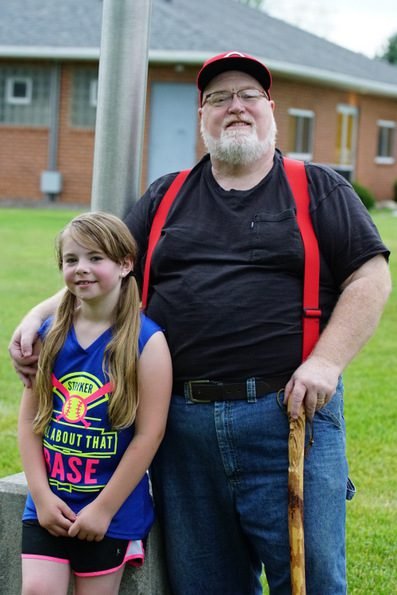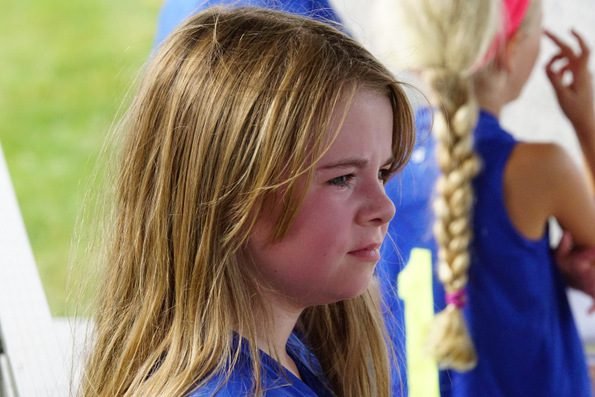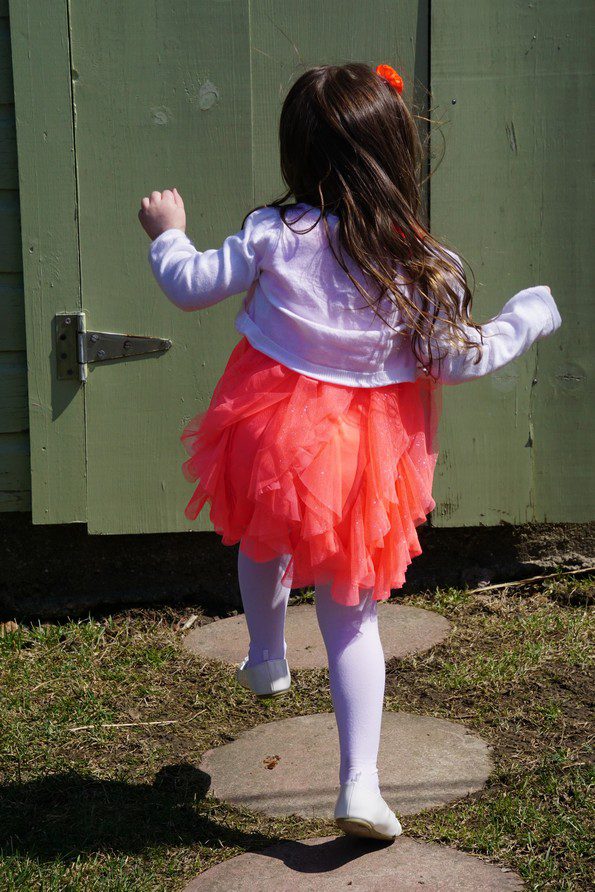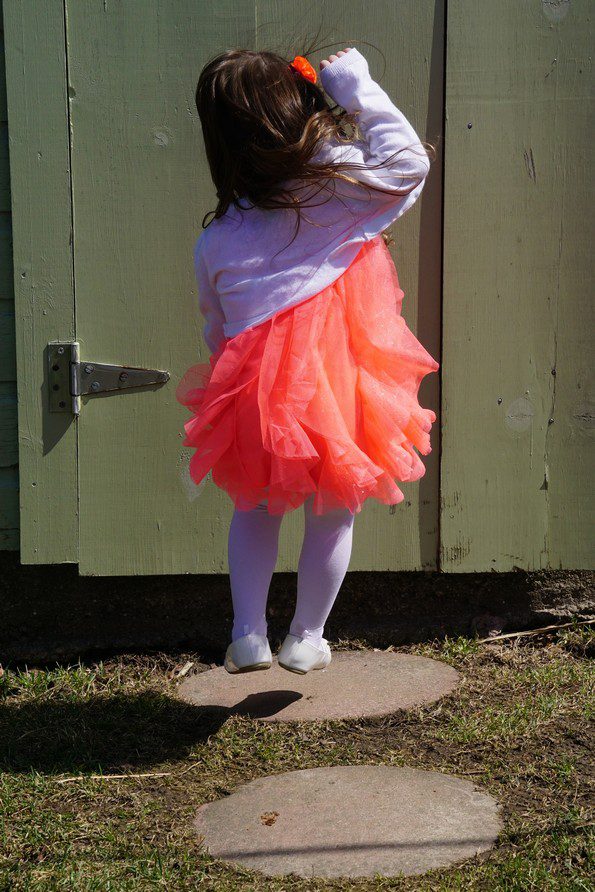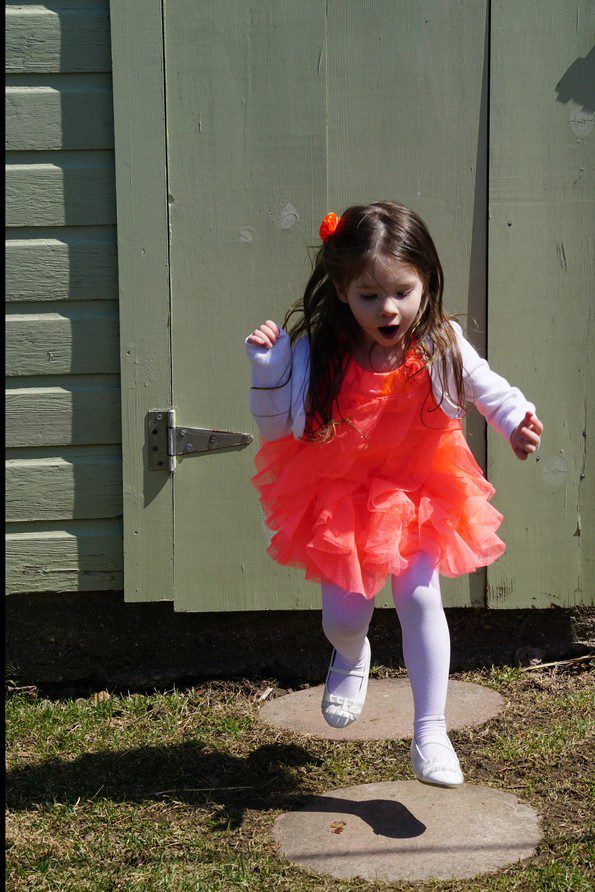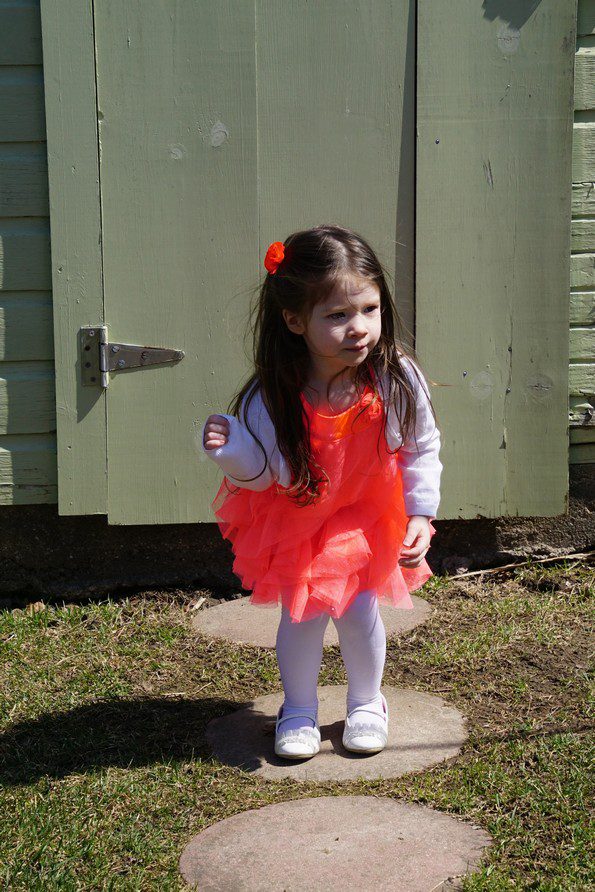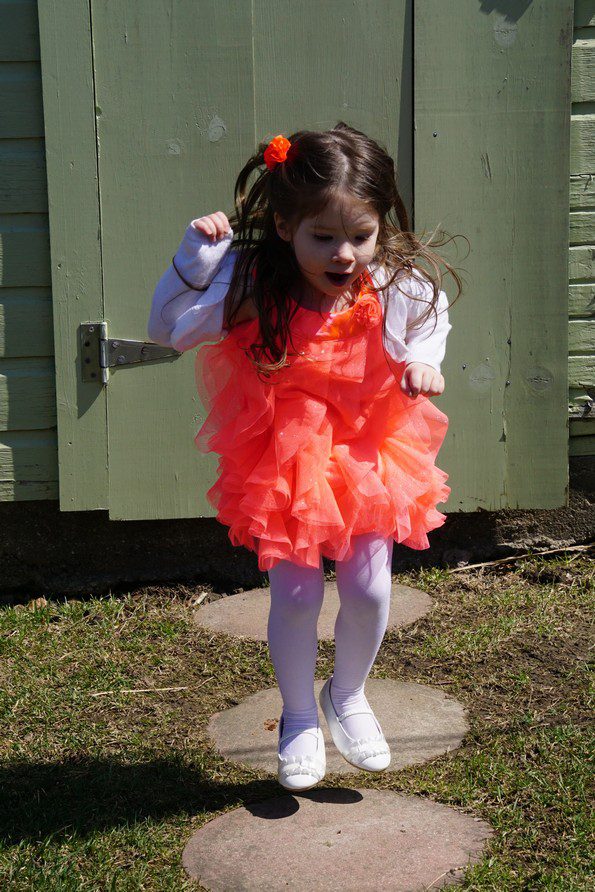
I am not suggesting that the reality of death isn’t painful, but just because something is painful doesn’t mean it can be avoided, or even that it should be. I believe the promise of eternal life is a coping mechanism, and I don’t like it. Pascal’s famous wager posits that if there is even one chance in a million that God exists, you should bet your life on it, but to me those are terrible odds. Indeed, it may well be that the greatest mistake in this world is to live as if you have endless time…when in fact you don’t.
Bart Campolo, Why I Left, Why I Stayed, p. 133
What would Evangelical Christianity be without the belief that humans are eternal beings that will either dwell in Heaven (God’s Kingdom) or Hell (Lake of Fire)? Evangelicals give up a lot of living in order to earn a room in Heaven’s Trump Tower. I say “earn,” because despite talk of grace, Evangelicals know that gaining a golden ticket requires work and effort on their part. There are sins that must be confessed and forsaken, and Christians who wallow in the cesspool of the “world” likely will end up in Hell with Adolph Hitler, Barack Obama, and Bruce Gerencser. Thus, Evangelicals religiously attend church, pray, read their Bibles, witness, give tithes and offerings, buy Christian literature, listen to Christian radio, watch Christian TV, support Evangelical political candidates, and fight against abortion, homosexuality, and same-sex marriage. These same Evangelicals try their damnedest to follow the sexual mores of the Bible. From the moment they awake in the morning until they fall asleep at night, Evangelicals focus their minds on God, Jesus, the Bible, Christianity, and making sure that the evil agenda of Satan and the Antichrist is defeated. (I am aware of the fact that not all Evangelicals are zealots; that many of them are nominal, in-name-only Christians, but millions of Americans are committed followers of the Evangelical God. It is these people who are the focus of this post.)
Those of us who spent much of our lives living and breathing Evangelical beliefs and practices often find ourselves lamenting the time wasted serving a mythical deity. I was fifty years old before I saw the “light” and divorced myself from Jesus. From the age of fifteen to the age of fifty — thirty-five years — I devoted my life to Jesus and did all I could possibly do to live according to the teachings of the Bible — failing miserably, by the way. None of my six children played sports or enjoyed many of the things “normal” children do because their Dad demanded that they, too, devote their lives to Jesus. My children, for the most part, were either educated in unaccredited private Fundamentalist schools or home schooled. Rarely were they given the opportunity to do something that was not connected to either school or church. My oldest son attended over three thousand church services and heard virtually every sermon I preached. The same could be said for Polly and the rest of my children. We lived and breathed God, the Bible, and the church. To what end? What did we gain from such a life? So much wasted time. Hours, days, and years squandered with no hope of a do-over or a second chance. Lost time is just that — lost. All the weeping and wailing in the world doesn’t change the fact that the time wasted in service of a myth is forever lost.
Ephesians 6:16 says, Redeeming the time, because the days are evil. James 4:14 states, Whereas ye know not what shall be on the morrow. For what is your life? It is even a vapour, that appeareth for a little time, and then vanisheth away. And Proverbs 27:1 says, Boast not thyself of to morrow; for thou knowest not what a day may bring forth. For Evangelicals, these verses are reminders of the brevity of life and the importance of serving God while they have the opportunity. Amos 4:12 speaks of preparing to meet God. Evangelicals believe that this life is preparation for the life to come; that the pain, suffering, heartache, and loss faced in the here and now is meant to keep them from becoming attached to the world. 1 John 2:15-19 states:
Love not the world, neither the things that are in the world. If any man love the world, the love of the Father is not in him. For all that is in the world, the lust of the flesh, and the lust of the eyes, and the pride of life, is not of the Father, but is of the world. And the world passeth away, and the lust thereof: but he that doeth the will of God abideth for ever. Little children, it is the last time: and as ye have heard that antichrist shall come, even now are there many antichrists; whereby we know that it is the last time. They went out from us, but they were not of us; for if they had been of us, they would no doubt have continued with us: but they went out, that they might be made manifest that they were not all of us.
Evangelicals are implored to not love the world with its pride and lusts. Someday, according to the Bible, Jesus is going to return to earth and destroy the heavens and the earth, making all things new. Knowing this to be “true,” Evangelicals forsake the world, knowing that, in the end, they will be glad they did. And for those Christians who love the world and its fleshly desires? Their behaviors reveal that they aren’t True Christians®.
Evangelicals know that life is short. Psalm 90:10 says, The days of our years are threescore years and ten (seventy); and if by reason of strength they be fourscore (eighty) years, yet is their strength labour and sorrow; for it is soon cut off, and we fly away. All too soon, death will come knocking on their doors, thus it is crucial to live life in such a way that when Jesus calls their number he will say to them, well done thou good and faithful servant…enter into the joy of the Lord (Matthew 25:23).
It is too bad that Christians don’t live their lives according to Solomon’s book of wisdom, Ecclesiastes. Solomon reminds people of the brevity of life, and the best any of us can do is eat, drink, and be merry, for tomorrow we die. And therein lies the point of the Bart Campolo quote at the beginning of this post. This life is the only one we will ever have. This is it. No re-dos. No second chances. No reincarnations. No coming back as ghosts or angels. Every breath, every heartbeat brings us one moment closer to death. I am sixty years old. If I live to age seventy, this means my life is six-sevenths gone. If I live to eighty, three-fourths of my life is in the rear-view mirror. I currently take drugs that prolong my life. Without them, I would have already gone up in the smoke of the local crematorium.
There are moments in the night when pain keeps me from sleeping, and I lie in bed listening to the tick-tock of the clock on the nearby nightstand. Tick-tock, tick-tock, two seconds of life is gone. Sixty tick-tocks and a minute is gone. Thirty-six-hundred tick-tocks and another hour of my life is dissipated into the night. Someday, sooner and not later, readers of this blog will be greeted with a post from my wife or one of my children. It will say that on such-and-such a date at such-and-such time, Bruce Gerencser drew his last breath. Cause of death? Life.
Knowing this to be true, I refuse to spend my time chasing ghosts, goblins, and gods. I refuse to offload the present in the hope that I might receive some sort of divine payoff from a mythical deity. Life is meant to be lived in the here and now, with no promise of tomorrow. Yes, it is okay to plan for the future, but not at the expense of enjoying the present. Campolo says belief in eternal life is harmful because it is, above all things, a lie; a lie based solely on some words written in an ancient religious text thousands of years ago. Believing this lie causes people to miss out on all that life has to offer. Believing this lie changes relationship dynamics, pitting believers and unbelievers against each other. If Heaven and Hell are real places, then it stands to reason that Evangelical concern for non-Christian family, friends, and neighbors is warranted. However, there is, based on all we know about the universe, no Heaven or Hell. The only heaven and hell any of us will ever know is that which is lived in this life. That’s why I want, with what little time I have left, to live and raise a little hell, and make earth as heavenly as I possibly can.
Let me conclude this post with the advice I give to new readers on my ABOUT page:
You have one life. There is no heaven or hell. There is no afterlife. You have one life, it’s yours, and what you do with it is what matters most. Love and forgive those who matter to you and ignore those who add nothing to your life. Life is too short to spend time trying to make nice with those who will never make nice with you. Determine who are the people in your life that matter and give your time and devotion to them. Live each and every day to its fullest. You never know when death might come calling. Don’t waste time trying to be a jack of all trades, master of none. Find one or two things you like to do and do them well. Too many people spend way too much time doing things they will never be good at.
Here’s the conclusion of the matter. It’s your life and you best get to living it. Some day, sooner than you think, it will be over. Don’t let your dying days be ones of regret over what might have been.
About Bruce Gerencser
Bruce Gerencser, 60, lives in rural Northwest Ohio with his wife of 39 years. He and his wife have six grown children and eleven grandchildren. Bruce pastored Evangelical churches for twenty-five years in Ohio, Texas, and Michigan. Bruce left the ministry in 2005, and in 2008 he left Christianity. Bruce is now a humanist and an atheist. For more information about Bruce, please read the About page.
Bruce is a local photography business owner, operating Defiance County Photo out of his home. If you live in Northwest Ohio and would like to hire Bruce, please email him.
Thank you for reading this post. Please share your thoughts in the comment section. If you are a first-time commenter, please read the commenting policy before wowing readers with your words. All first-time comments are moderated. If you would like to contact Bruce directly, please use the contact form to do so.
Donations are always appreciated. Donations on a monthly basis can be made through Patreon. One-time donations can be made through PayPal.



